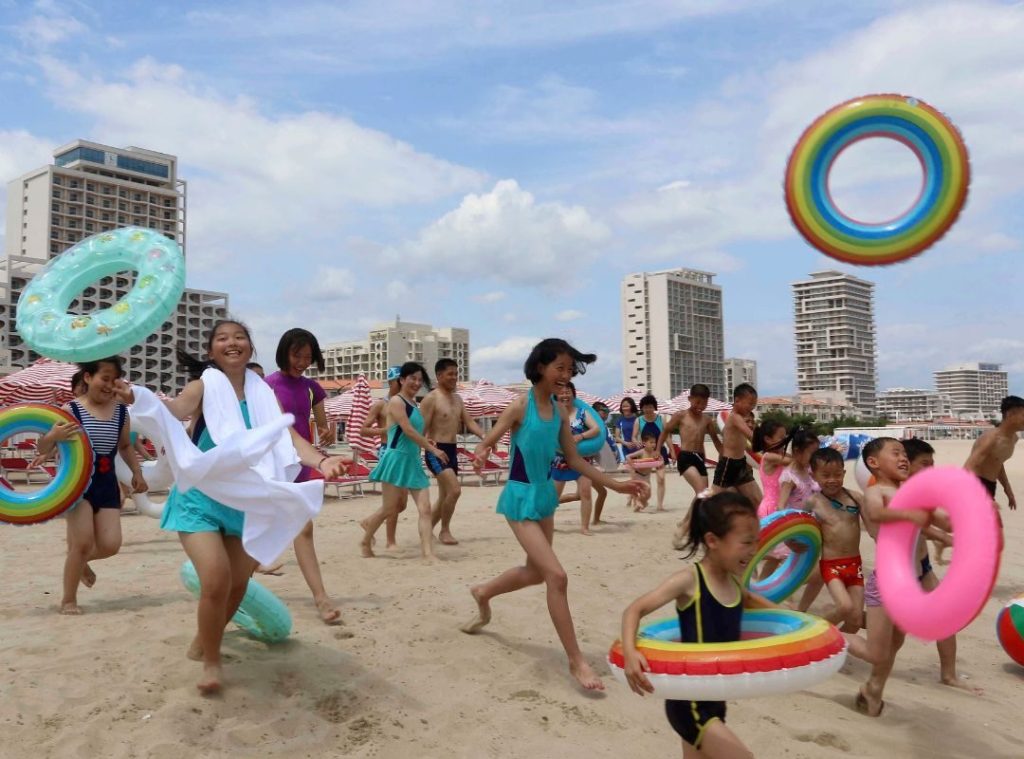
North Korea has abruptly barred all foreign tourists from its newly launched Wonsan Kalma Coastal Tourist Zone, an expansive resort stretching 4km along the East Sea. Opened on July 1, the resort was pitched as a cornerstone of Kim Jong Un’s drive to modernize North Korea’s tourism sector, offering luxury hotels, shopping centers, restaurants, and a water park for up to 20,000 guests. Despite being promoted for both domestic and international visitors, the sudden ban follows the arrival of the first Russian tour group and a visit by Russian Foreign Minister Sergei Lavrov, who advocated greater Russian tourism ties and direct flights between Moscow and Pyongyang.
The move underscores ongoing volatility in North Korean tourism policy. Although Russian tour operators had announced additional trips to Wonsan, the regime’s reversal leaves the resort serving only local clientele. Wonsan, significant for its military facilities and elite connections, now finds its international ambitions on hold. Human rights concerns persist, with observers alleging that the resort’s construction relied on harsh, underpaid labor. After a brief window for foreign travel was closed earlier this year, this latest restriction raises further doubts about Pyongyang’s motives and the broader future of North Korean tourism, casting Wonsan as both an aspirational symbol and a zone of continued restriction.

